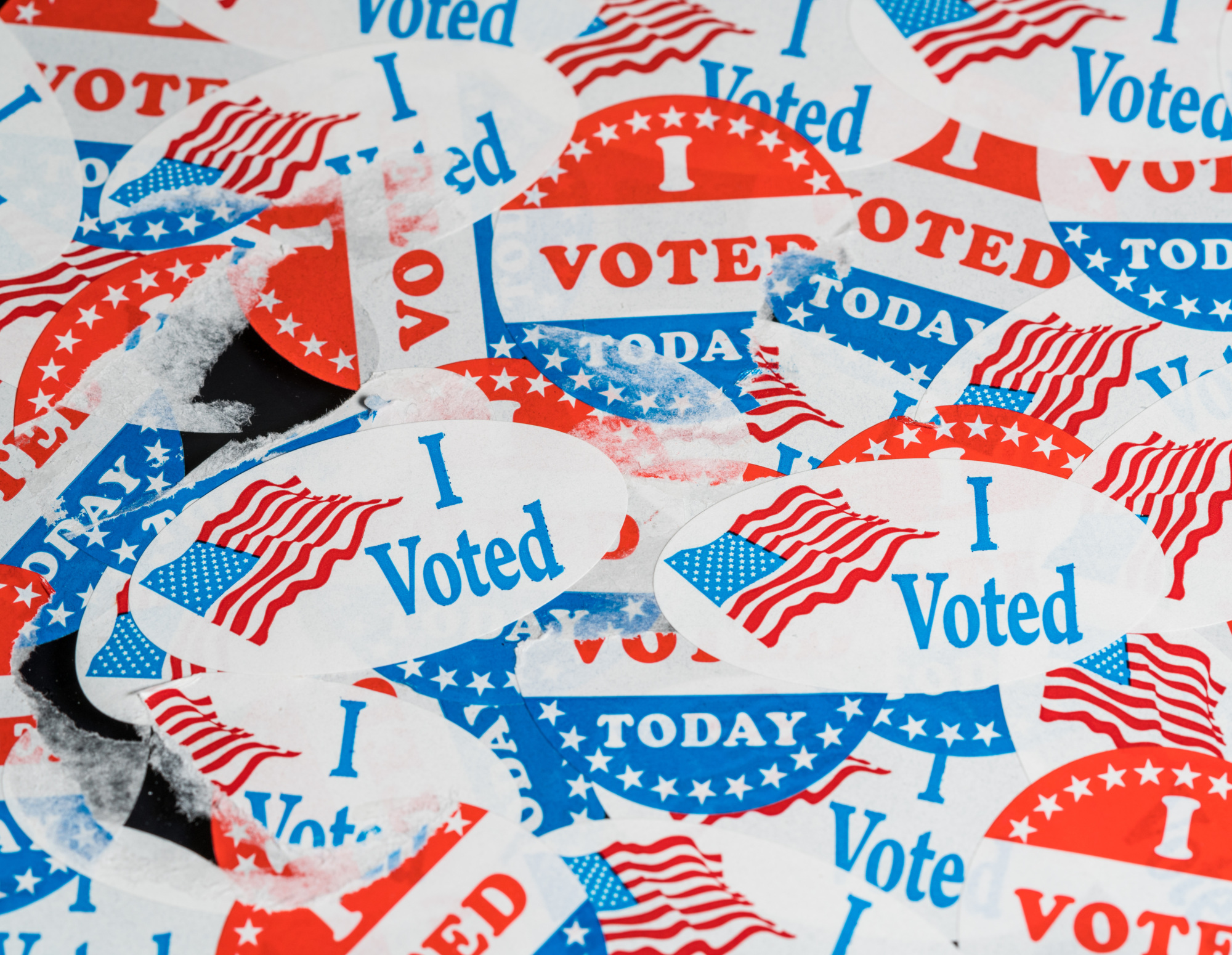
Analysis
Analysis
In the aftermath of the Watergate scandal involving President Richard Nixon, Congress established the Office of Government Ethics (OGE) in 1978 to provide oversight of the executive branch and prevent — and resolve — conflicts of interest. The agency was eventually made independent in 1989 and currently oversees ethics standards for 2.7 million civilian employees in more than 130 executive agencies and the White House.
Since that time, the OGE has rarely been more than a footnote in a president’s legacy. But President Donald Trump’s refusal to work within the confines of long-standing tradition to protect against real and potential conflicts of interest have brought unprecedented attention to OGE. Now, its mission and its work are daily, front-page news.
Consider that in just one week:
The attached memo lays out the case for why — and how — strengthening OGE should be on top of the congressional to-do list.
The following recommendations for potential statutory reforms would strengthen the Office of Government Ethics, and are more fully articulated in the attached memo:
The nation can ill afford such a weak watchdog of our ethical standards — those that are at the bedrock of the public’s faith in our government. Congressional action to address the long-established statutory weaknesses and failures of the OGE is long overdue.
Issue: Executive Branch Ethics
Analysis
Analysis
Innovations to Attract and Keep New Poll Workers ...
Poll workers are critical to the success of our elections. According to estimates from the Election Assistance Commission, about one million poll workers are needed to staff the approximately 100,000 …
Analysis
ByteDance, Meta, and other companies expanded their influence on Capitol Hill during the first half of 2024...
It has been nearly one year since the Kids Online Safety Act (KOSA) was voted unanimously out of committee by the Senate Commerce Committee. In the year since, the bill…


